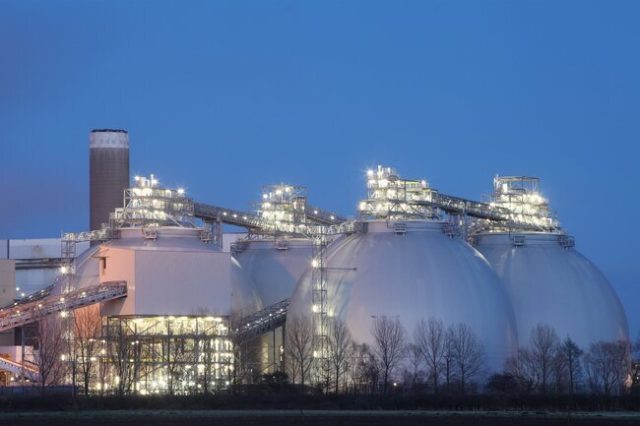
Drax, the UK’s largest power station situated in North Yorkshire, has received approval from the Secretary of State for Energy Security and Net Zero, Claire Coutinho, to convert two of its biomass units into bioenergy with carbon capture and storage (BECCS) technology. This transformative move aims to make the units operational by 2030, to capture and remove approximately 8 million tonnes of carbon dioxide per year. Drax anticipates substantial economic benefits, quoting analysis by the energy sector consulting firm Baringa, suggesting potential savings of up to 15 billion pounds for the UK’s economy between 2030 and 2050 if the BECCS project succeeds. Furthermore, Drax highlights the positive impact on employment, asserting that the project could create up to 10,000 high-skilled jobs during the peak of construction and safeguard 7,000 direct and supply chain jobs.

The company also emphasizes its commitment to supporting local businesses by sourcing 80 percent of the required materials and services from British suppliers. Drax Power Station, currently responsible for 4 percent of the UK’s power and 9 percent of its renewable electricity, sees the approval as a significant step toward achieving its ambition to become carbon-negative by 2030 using BECCS technology. However, concerns arise from critics, including UNESCO’s report on the Ethics of Climate Engineering, cautioning against the potential risks associated with the adoption of new technologies for climate change mitigation. Additionally, skepticism is expressed by organizations like the Natural Resources Defense Council, citing uncertainties about the reliability of BECCS technology and the potential environmental risks associated with carbon storage and emissions, as indicated by their 2021 study. Despite these concerns, the UK government’s decision to approve Drax’s BECCS project reflects a belief in the technology’s capacity to contribute meaningfully to the country’s transition to Net Zero by 2050.














